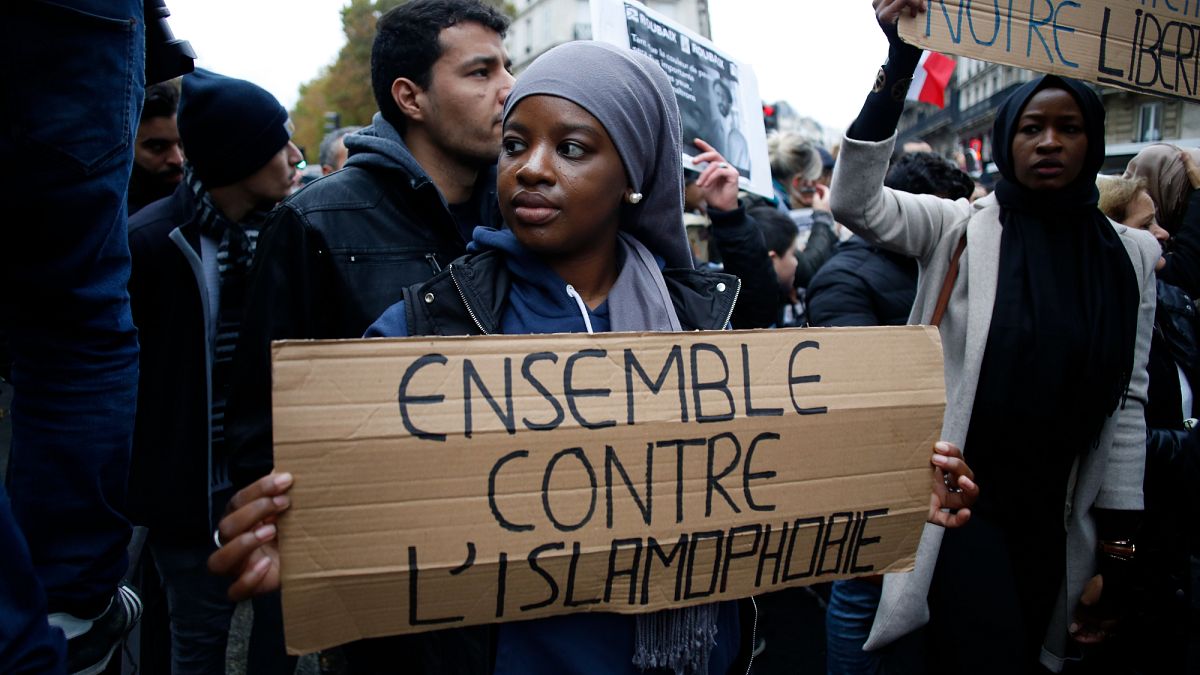Published on
The European Commission has countered criticism from far-right political groups for allocating EU research funds over the past years on projects focused on subject matters like Islam, the Qur’an, Sharia, and Islamophobia.
The controversy began after Italian hard-right MEP Silvia Sardone questioned the value of the projects, describing them as “studies of questionable utility, all focused on Islam,” and demanding that the Commission justify the use of public funds.
Similar concerns were raised by French far-right MEP Jean-Paul Garraud. Both lawmakers, who sit in the Patriots for Europe group in the European Parliament, suggested the projects unfairly promoted Islam or exaggerated the existence of Islamophobia in Europe.
In a response made public on Monday, the EU Commissioner for research, Ekaterina Zaharieva, stood by the European Research Council (ERC), the bloc’s scientific funding body, pointing out that the projects in question are “world-class scholarly undertakings that advance the frontiers of knowledge.”
She noted that the funded research spans a wide range of topics, including minority inclusion in democratic societies and the evolution of Islamic law.
Examples of ERC-backed initiatives include a €2.5 million project led by France’s National Centre for Scientific Research, which is mapping the evolution of Sharia law and will run until 2029.
Another project, coordinated by Istanbul Bilgi University between 2018 and 2019, received €2.3 million to study the rise of populist and Islamophobic discourse in Europe.
At Ludwig-Maximilians University in Munich, researchers were awarded €2.3 million for a study completed in 2023 on the role of animals in Islamic philosophy. Meanwhile, Oxford University is conducting a €2.7 million project, running from 2021 to 2027, that examines the experiences of Muslim youth in Europe and the UK.
The Commission rejected allegations of bias, stressing that the ERC employs rigorous independent peer review in assessing proposals and that these grants were awarded through a transparent and highly competitive process.
“The sole criterion for funding is the scientific excellence of the proposal,” Zaharieva said, highlighting that all projects undergo detailed ethics reviews before funding is approved.
Since its creation in 2007, the ERC has supported more than 17,000 projects and over 10,000 researchers across disciplines ranging from engineering and life sciences to social sciences and humanities.
This work has resulted in more than 200,000 scientific publications, 2,200 patents and intellectual property applications, and numerous international accolades, including fourteen Nobel Prizes, seven Fields Medals, and eleven Wolf Prizes.
Read the full article here


